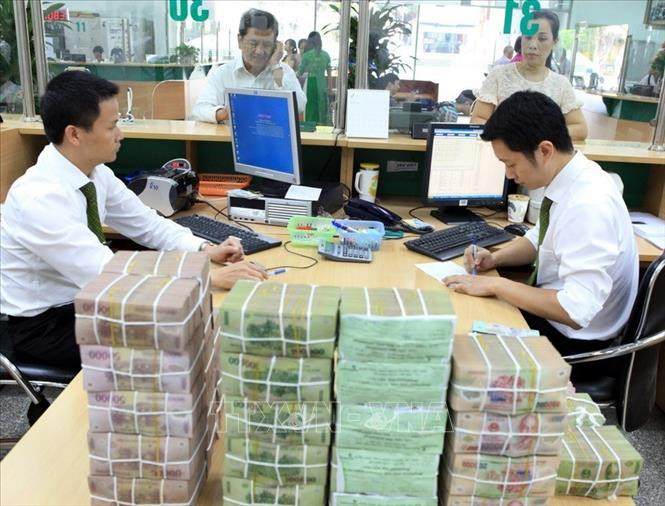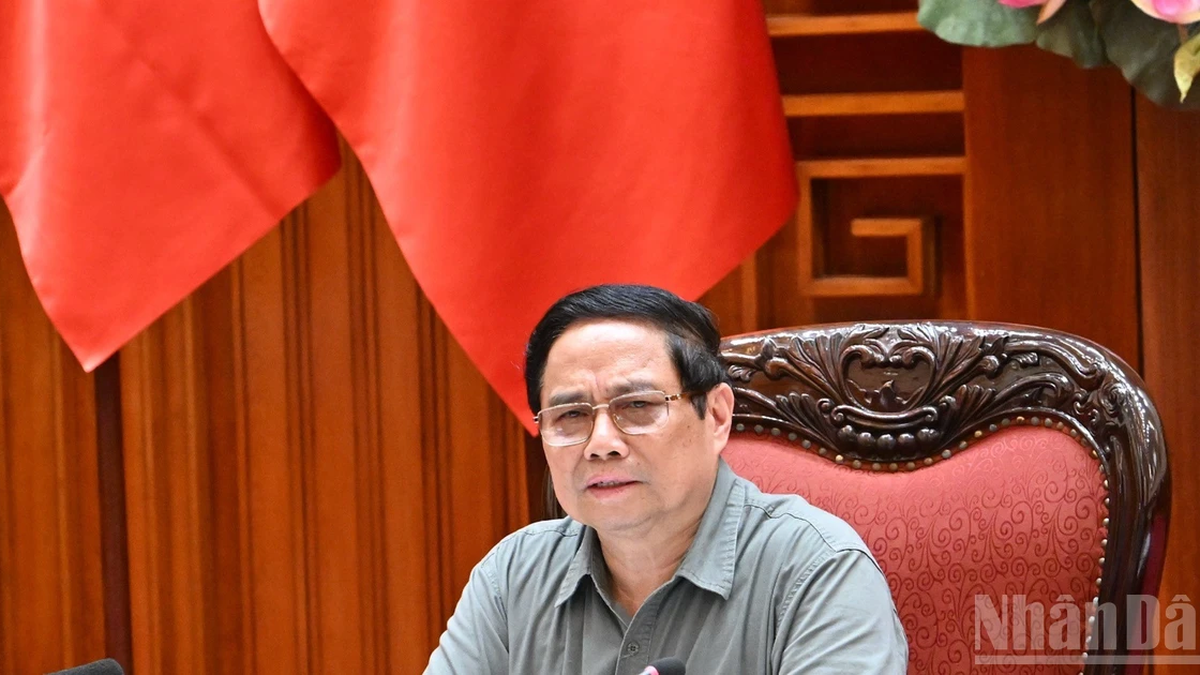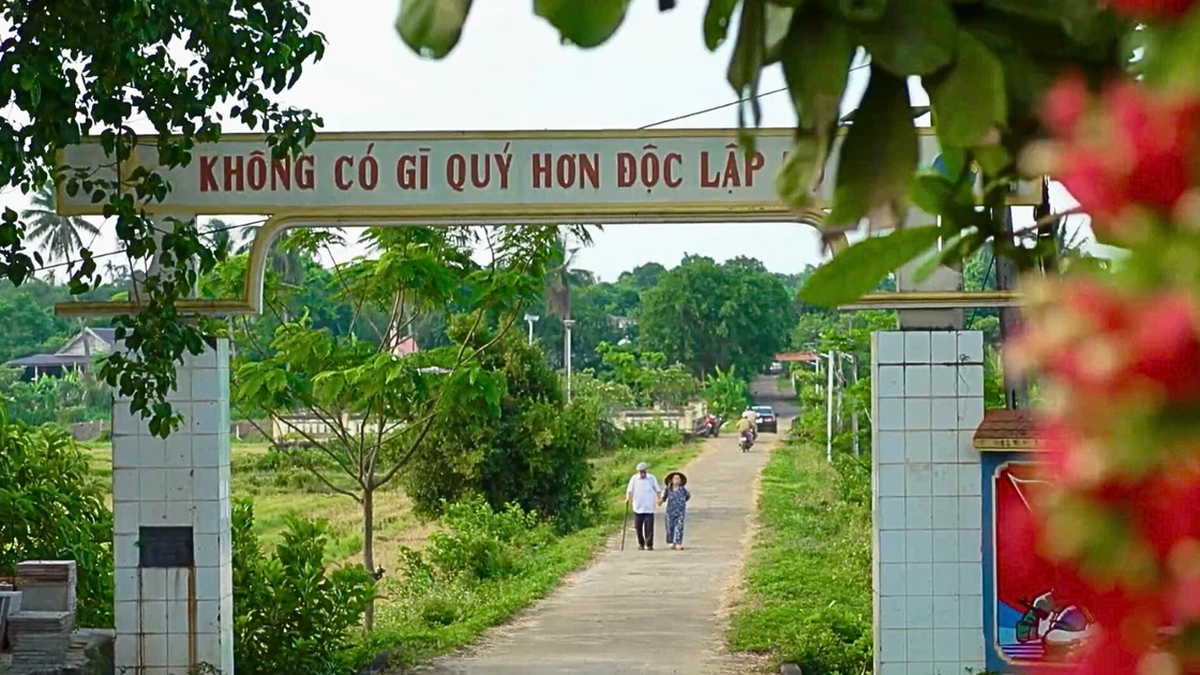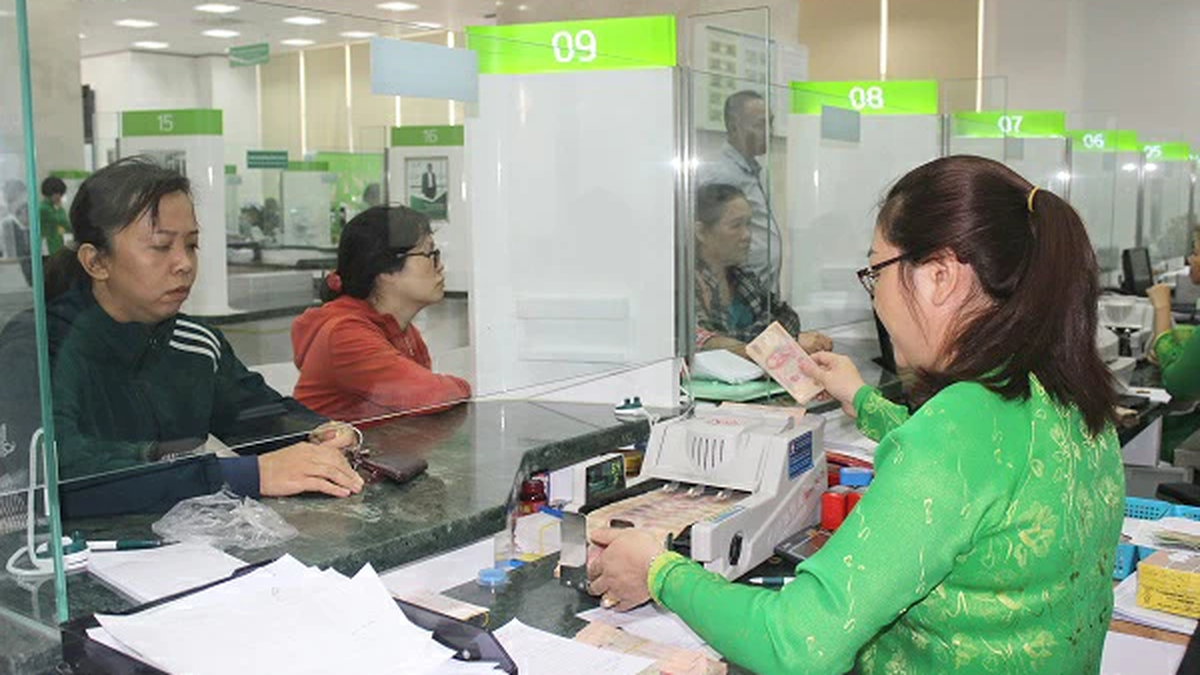After many management moves by the State Bank from March to May, the interest rate level has also decreased. Recent data shows that the average lending interest rate of new loans is currently around 9.07%, down 0.9% compared to the end of 2022. With this data, we believe that interest rates are decreasing and will continue to decrease in the coming time." That was the affirmation of Deputy Governor of the State Bank Pham Thanh Ha at the regular Government press conference in May on the afternoon of June 3.
Deputy Governor Pham Thanh Ha said: The State Bank announced credit growth targets of about 14-15% at the beginning of this year and also allocated appropriately to each credit institution with growth plans for the year. By the end of May, economic credit in terms of data reached over VND 12.8 million billion, an increase of about 3.17% compared to the end of 2022.
Going deeper into the banking groups, for state-owned commercial banks, accounting for about 44% of the credit market share, the growth rate is only about 35% compared to the level assigned by the State Bank. The joint stock banking group, accounting for about 44% of the market share, is only about half of the assigned level. Thus, both groups account for about 91% of the credit market share, and there is still a lot of room for growth for the rest of the year.
"In 2022, credit increased by approximately 8% compared to the end of 2021. Thus, under the condition that the State Bank's credit policy remains unchanged; the credit growth target for 2022 is 14%. This year, it is 14-15% higher and it is clear that the economy's capital absorption capacity is significantly weaker than last year," said Deputy Governor Pham Thanh Ha.
According to Deputy Governor Pham Thanh Ha, there are three main reasons. That is, for manufacturing enterprises, product consumption is difficult due to lack of orders, leading to a decrease in demand for new loans for production. Next, for small and medium enterprises, some enterprises have a weakened financial situation, do not have a feasible plan, leading to not meeting the bank's loan requirements. Finally, regarding real estate credit, many real estate projects are facing difficulties; in which, there are legal difficulties, few new projects are implemented, so the demand for credit for real estate also decreases.
Faced with these reasons, the banking industry has determined to continue directing credit institutions and banks to reduce lending interest rates. After many regulatory actions by the State Bank from March to May, the interest rate level has also decreased. Recent data shows that the current average lending interest rate for new loans is about 9.07%, down 0.9% compared to the end of last year.
For existing outstanding debt, due to customers having difficulty in repaying debt, the State Bank has issued Circular No. 02/2023/TT-NHNN allowing debt restructuring and maintaining the debt group.
"We will continue to direct organizations to implement this policy to support existing debts for businesses. As for new debts, banks and credit institutions will continue to actively lend to eligible customers. Obviously, the banking system mobilizes capital for lending, so eligible customers will certainly have access to credit capital," Deputy Governor Pham Thanh Ha said.
In addition to solutions from the banking sector, Deputy Governor Pham Thanh Ha said that solutions to increase economic demand are very important. Therefore, ministries and sectors need to continue to promote policies to support businesses, develop small and medium enterprises, promote, search, develop, and remove difficulties in the consumer market and real estate market, thereby removing difficulties for businesses as well as improving financial capacity and improving access to credit.
Source



































































































Comment (0)